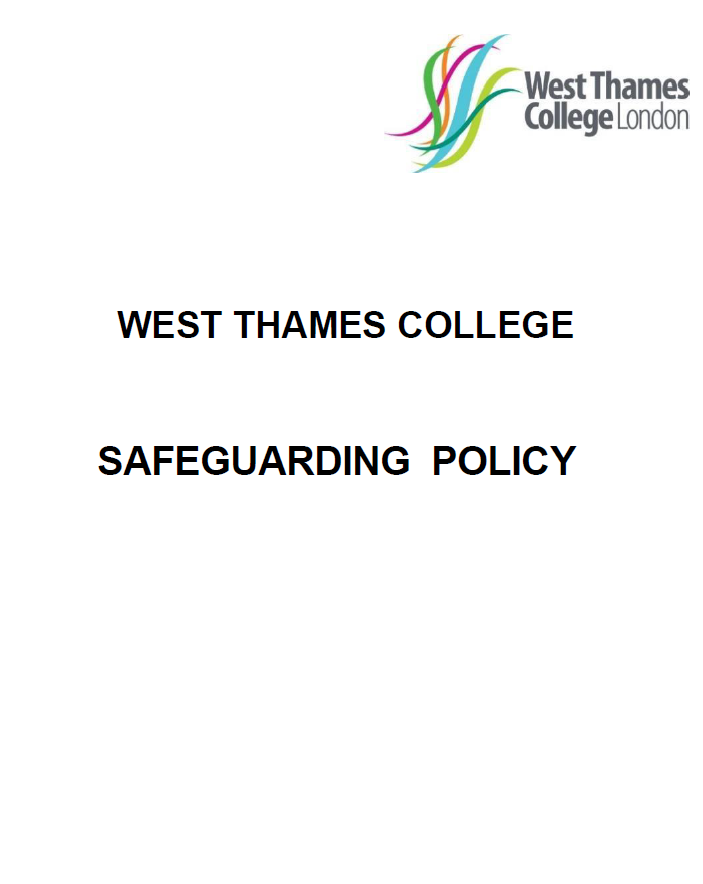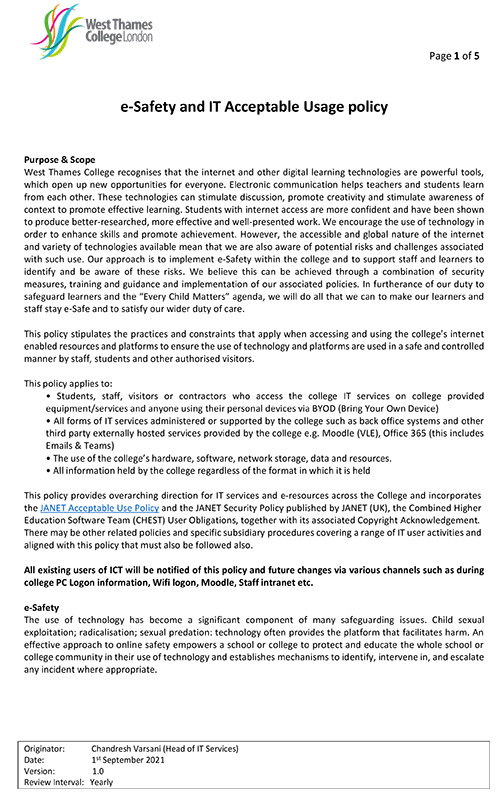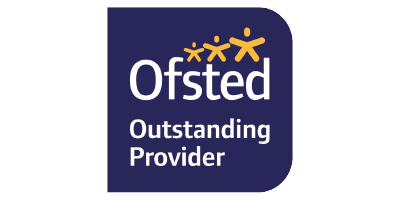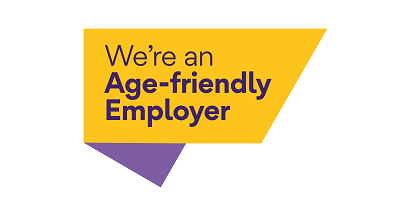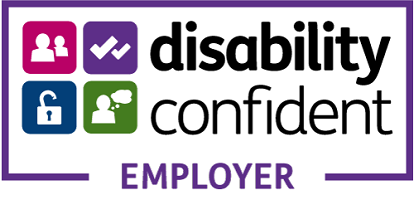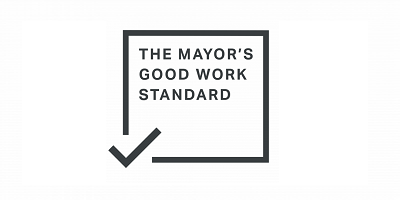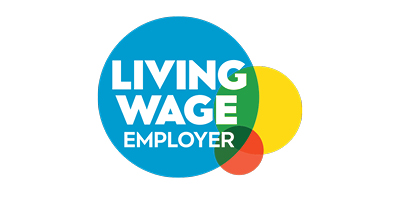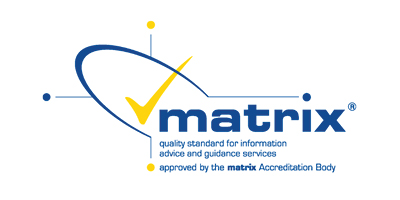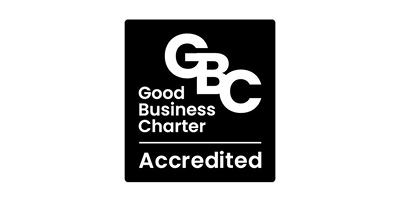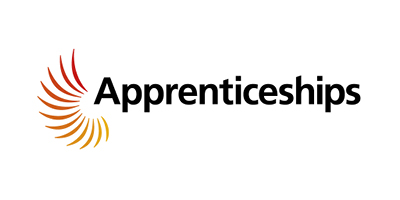West Thames College recognises its statutory duty and responsibility to safeguard and promote the safety and welfare of children, young people and those adult deemed ‘vulnerable’ and is committed to the safety and wellbeing of all students, staff and those who have direct links with the organisation including offsite students, apprentices and sub-contracting providers. The college actively promotes the positive welfare of all students, those with additional needs, mental health and physical health and expects all teaching and support staff, volunteers, WEX and partner agencies to adhere to these practices at all times.
To ensure all our students are safe we:
- Practice safe staff recruitment and check the suitability of staff and volunteers that work with young students or vulnerable adults
- Raise awareness of child protection, vulnerable adults and safeguarding through staff training sessions
- Implement policy and procedures for identifying and reporting cases or suspected cases of abuse against a young person or vulnerable adult
- Support young students or vulnerable adults who have been subjected to abuse
- Listen to and support our students to ensure their learning environment is safe and welcoming
- Ensuring that our students are safe in their personal lives and in the community is critical to everything we do. The college will be providing continued advice and support to students who are considered to be vulnerable and for those who receive free college meals and bursaries.
Safeguarding and Preventing Radicalisation and Extremism
Prevent is part of the safeguarding process:
• it is a safety net against radicalisation. It aims to intervene early, to stop people from becoming terrorists or supporting terrorism.
• Prevent deals with all terrorist ideologies, from Islamist to Extreme Right-Wing.
• Prevent is delivered at a local level by experts who understand the risks in their communities. Partners include local authorities, police, education, healthcare and charities.
• For people who are susceptible to radicalisation, Prevent can provide personalised interventions to help them move away from dangerous ideologies.
Contacting the Safeguarding Teams
If for any reason, you feel unsafe whether inside or outside of college or would like to report a safeguarding concern please contact a member of the safeguarding team.
Email: This email address is being protected from spambots. You need JavaScript enabled to view it.
Opening hours: Monday to Friday 9:00am to 5:00pm
Out of hours
If there is a life threatening situation, please call 999 or 101 non-emergency
Kooth is an online counselling and emotional well-being support service for children and young people aged 11 to 25. Kooth is a completely safe and anonymous website where you can go to gain advice, support and guidance from counsellors 365 days a year.
The experienced counsellors, moderated message forums and magazines can offer emotional support to you around a wide range of issues, from having a bad day or falling out with friends, to more serious issues such as bullying, stress, anxiety, depression, family relationships, sexuality, eating disorders, self-harm, abuse etc.
They can also support you if you are on the waiting list for Children and Adolescent Mental Health Service (CAMHS) or if you do not meet the CAMHS criteria.
Visit Website: https://www.kooth.com
As temperatures drop and fuel bills rise, we understand that this winter will be challenging for both staff and students.
Hounslow Council and partners are teaming up to provide spaces and places for residents to keep warm and to keep the bills down.
Visit Website:
Domestic Violence Support
https://www.womensaid.org.uk/information-support/
https://www.womensaid.org.uk/cover-your-tracks-online/
https://www.police.uk/pu/contact-us/
NSPCC
https://www.nspcc.org.uk/keeping-children-safe/
Opening hours
We are available during normal business hours:
9.00am – 5.00pm (Monday – Thursday)
9.00am – 4.30pm (Friday).
Safeguarding Team
|
Samantha Louisy |
 |
|---|---|
|
Beverley McGuire |
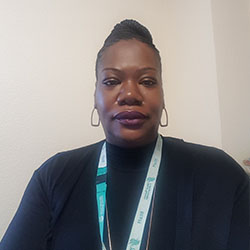 |
|
Jazz Sidhu |
 |
Out of hours emergency safeguarding contacts
If there is a life threatening situation:
- Ring for an ambulance and/or contact the police on 999 or 101 non-emergency
- If you think a child, young person or vulnerable adult is being abused or mistreated or you have concerns about a child, young person or vulnerable adult’s well-being you should call the Duty Team at the relevant local authority. The emergency contact details are available on the Local Authorities website.
Click here for a list of external organisation contacts.

